Decaf coffee beans are perfect for those who love the rich flavor of coffee but want to avoid the jitters. Enjoy your favorite brew any time of day or night without worrying about sleepless nights. Dive into our collection and discover delicious options that pack in the taste without the caffeine.
Decaf Coffee Beans
Enjoy the rich flavors of coffee without the caffeine boost
Product List
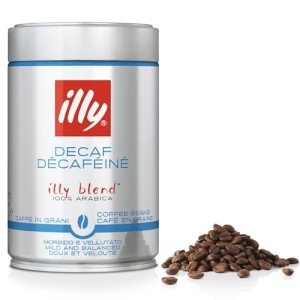
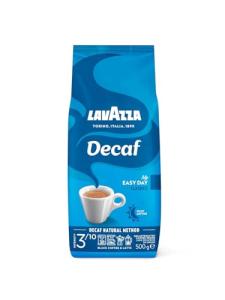
Lavazza Decaf Almond Honey
Lavazza
Product Review Score
4.89 out of 5 stars
121 reviews£12.50 £10.00
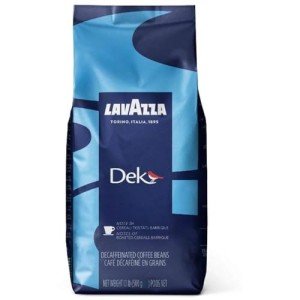
Lavazza Dek Decaf Beans 500g
Lavazza
Product Review Score
4.51 out of 5 stars
140 reviews£23.98 £23.00
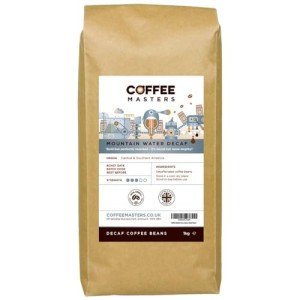
Decaf Arabica Coffee Beans
Coffee Masters
Product Review Score
4.87 out of 5 stars
113 reviews£28.25
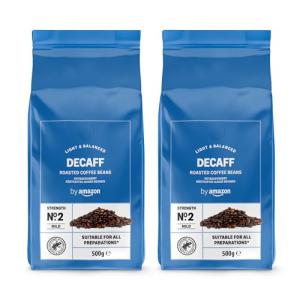
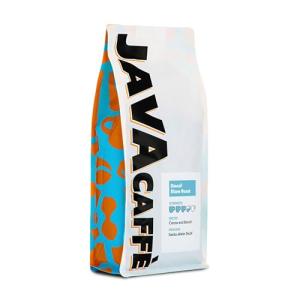
Decaf Slow-Roasted Arabica Coffee
Planet Java
Product Review Score
4.23 out of 5 stars
122 reviews£22.99
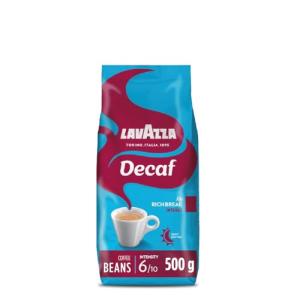
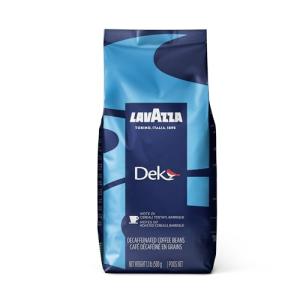
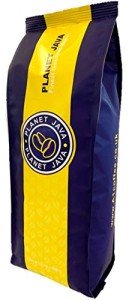
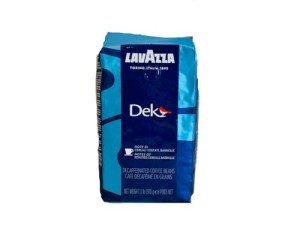
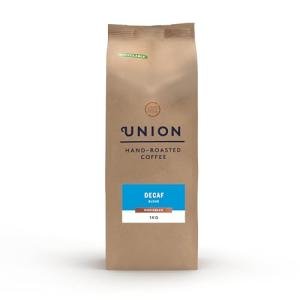
Union Natural Decaf Coffee 1kg
Union Hand-Roasted
Product Review Score
4.84 out of 5 stars
224 reviews£31.50
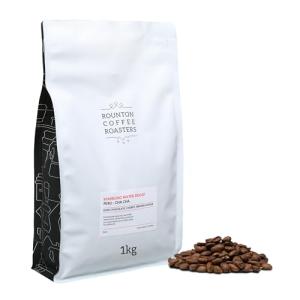
Decaffeinated coffee, often referred to as decaf, has seen a surge in popularity among coffee enthusiasts, health-conscious consumers, and those looking to reduce their caffeine intake. While some may view decaf as a lesser alternative to its caffeinated counterpart, a deeper understanding reveals that decaf coffee beans offer a unique experience and a variety of health benefits. This blog post delves into the world of decaf coffee beans, exploring their origins, preparation methods, flavor profiles, and the science behind decaffeination.
Understanding Decaf Coffee Beans
Decaf coffee beans are essentially regular coffee beans that have undergone a decaffeination process to remove a significant portion of their caffeine content. The result is a beverage that still retains the rich flavors and aromas of traditional coffee but is much lower in caffeine.
How Decaffeination Works
The decaffeination process involves various methods that extract caffeine from the coffee beans while preserving their essential flavors. The three most common methods include:
-
Solvent-based Processes
- Direct Method: Coffee beans are steamed and then rinsed with a solvent, typically methylene chloride or ethyl acetate, to extract caffeine.
- Indirect Method: Beans are soaked in water to dissolve caffeine, followed by passing the solution through a solvent to remove caffeine before returning the beans to absorb the flavor compounds.
-
Water Processing (Swiss Water Method)
This method uses only water and relies on osmosis to extract caffeine. Beans are soaked in hot water, allowing caffeine and flavor compounds to dissolve, followed by filtering through activated carbon to remove caffeine without using chemicals. -
Carbon Dioxide (CO2) Method
This innovative technique exposes coffee beans to high-pressure CO2, selectively extracting caffeine while leaving the flavors intact. This method is considered one of the most effective in maintaining flavor integrity.
Flavor Profiles of Decaf Coffee
While the decaffeination process can affect the taste of coffee, many high-quality decaf options exist that boast rich flavor profiles. Decaf coffee beans can be sourced from various regions, leading to diverse tasting notes:
- Central American Decaf: Often has a bright acidity and notes of chocolate and nuts.
- South American Decaf: Usually exhibits a smooth body with hints of caramel and fruitiness.
- African Decaf: Known for its vibrant floral notes and berry-like flavors.
| Region | Flavor Profile | Common Notes |
|---|---|---|
| Central America | Bright acidity | Chocolate, nuts |
| South America | Smooth body | Caramel, fruitiness |
| Africa | Vibrant and floral | Berry-like, citrus |
Health Benefits of Decaf Coffee
Decaf coffee is not just a great option for those looking to cut back on caffeine; it also offers several health benefits:
-
Low Caffeine Content: Decaf typically contains about 2-5 mg of caffeine per cup, compared to 95 mg in regular coffee. This makes it ideal for individuals sensitive to caffeine or those looking to reduce their intake.
-
Antioxidants: Like regular coffee, decaf is rich in antioxidants, which help fight free radicals and may reduce the risk of chronic diseases.
-
Reduced Heart Risk: Some studies suggest that decaf may help lower the risk of heart disease by supporting cardiovascular health.
-
Improved Digestion: For individuals who find regular coffee irritating to their digestive system, decaf may provide a smoother alternative without sacrificing flavor.
Factors to Consider When Choosing Decaf Coffee Beans
When selecting decaf coffee beans, consumers should consider several factors to ensure they are choosing a high-quality product that meets their taste preferences:
-
Roast Level: Decaf coffee can be found in various roast levels, from light to dark. Choose based on your flavor preference, as lighter roasts tend to have more acidity and brightness, while darker roasts offer a bolder, richer taste.
-
Origin: Explore beans from different coffee-growing regions to discover unique flavors. Consider trying single-origin decafs for a more pronounced flavor profile.
-
Certification: Look for decaf brands that are organic or Fair Trade certified to ensure ethical sourcing and sustainable farming practices.
Frequently Asked Questions (FAQ)
Q1: Does decaf coffee taste the same as regular coffee?
A: While decaf coffee retains much of the flavor of regular coffee, some might notice subtle differences. High-quality decaf is carefully processed to preserve flavor, but factors such as beans' origin and roast level can also impact the taste.
Q2: Can decaf coffee still affect my sleep?
A: While decaf has much lower caffeine content, individuals with extreme sensitivity to caffeine may still experience sleep disturbances. It’s best to avoid consuming decaf later in the day if you are particularly sensitive.
Q3: Is decaf coffee healthier than regular coffee?
A: Decaf coffee retains many of the health benefits of regular coffee, including antioxidants. However, individuals who enjoy caffeine's stimulating effects may not prefer decaf for its lower caffeine content.
Q4: Is decaf coffee safe for pregnant women?
A: Many health professionals recommend that pregnant women limit caffeine intake, making decaf a safer choice. However, it is always advisable to consult a healthcare provider.
Decaf coffee beans are a fascinating alternative for those seeking to enjoy the beloved flavors of coffee without the jolt associated with caffeine. With a variety of decaffeination methods and flavor profiles, coffee lovers can find rich, satisfying decaf options tailored to their personal preferences. By understanding how decaf coffee is made and the health benefits it offers, consumers can make informed choices about their coffee intake. Whether you're sipping a cup in the morning or enjoying an afternoon pick-me-up, decaf can provide all the warmth and comfort of coffee with much less caffeine.